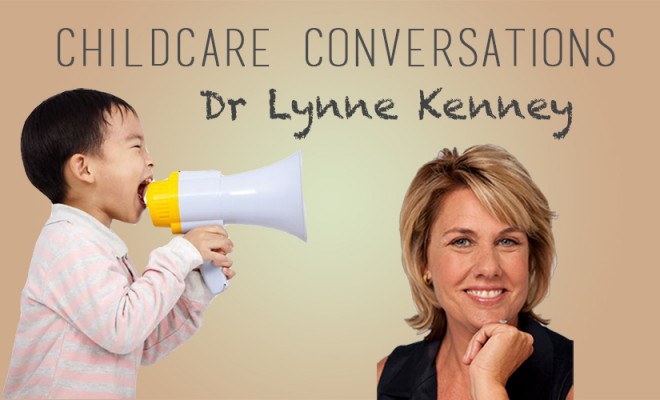
Childcare Conversations
Interview with Family Coach Dr Lynne Kenney
Our Childcare Conversations series will showcase a cross section of leading voices from the world of childcare talking about their roles, offering advice, comment and views on topical issues, and much more.
We begin with an interview featuring Dr Lynne Kenney, mother of two and a practising paediatric psychologist in Scottsdale, a city in Maricopa County, in the US state of Arizona:
Professionally, Dr Lynne Kenney pursues a career in paediatric psychology alongside her role as a prominent international educator in child brain development. As Lynne explains, she has been active in childcare environments since 1985: “I have had the pleasure of working in schools, clinics and hospitals helping children, teachers and families develop better learning and behaviour skills in their children.”
For Lynne, who says she simply adores working with young children, the response of these little people is her real reward and the reason for her passionate commitment to her work: “They are so highly motivated and make learning and behavioural improvements quickly when the interventions are full of love and caring.”
“A childcare professional must have an open heart,and an interest in learning as much as possible about child development”
When it comes to key skills for childcare professionals, Lynne is an advocate of child-centred practice based on sound knowledge, and believes the following three attributes are non-negotiable:
First maturity. One needs to be mature, mindful, calm, caring and child-centred. There is no time for pettiness or squabbles among teachers: focus on the children.
Second, a childcare professional needs an interest in learning as much as possible about child development. When one knows how the brain works and what facilitates growth and health, the possibilities are endless!
Third, a childcare professional needs an open heart. Children vary so much in their development, needs and passions, a good child care professional is interested in fostering growth in a child as a unique individual.”
Relating the changes she has witnessed in childcare, Lynne feels the most welcome has undoubtedly been a reduction in the emphasis on a push for academic achievement in the early years. This, she points out, has brought the added benefit of shifting the focus on to child development: “I have seen child care settings that emphasise play, allowing the children to experience creativity, caring and compassion, instead of focusing on ‘keeping the children in line,’ – that has been a wonderful improvement.”
“If safety means ‘restriction’ then it’s likely not beneficial”
Even a dream job has its occasional lows, which for Lynne means those worrying times she encounters a parent who “hits their child under the guise of ‘discipline’ and will not stop.” Accepting parents and carers have a natural responsibility to protect children and keep them safe, she is nevertheless cautious about taking this to extremes, warning: “If safety means ‘restriction’ then it’s likely not beneficial.”
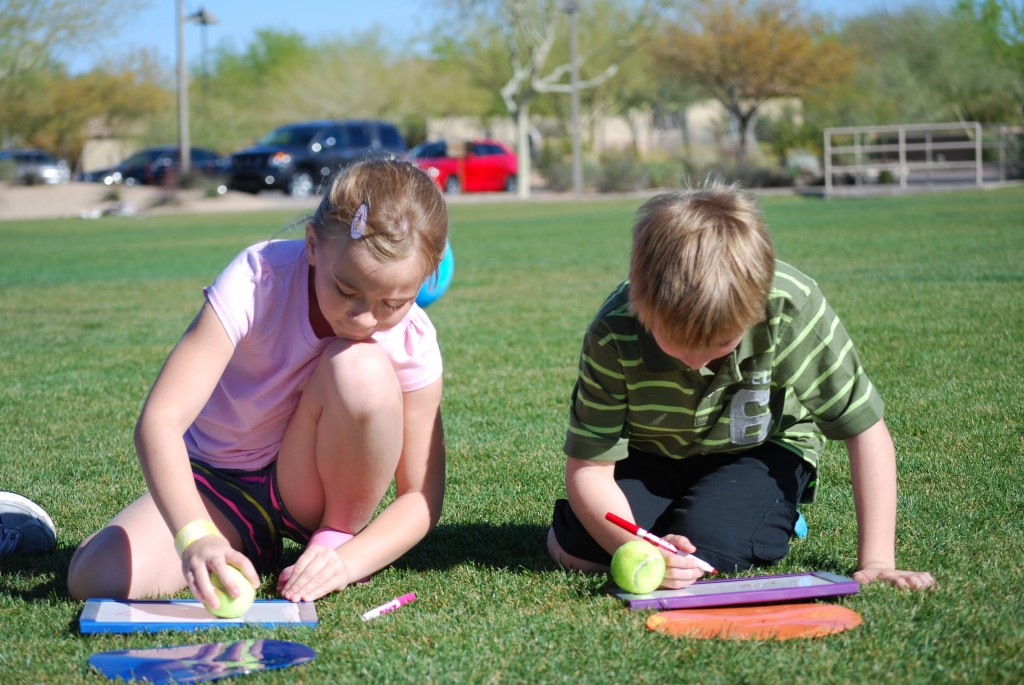
Broadening the discussion, she highlights the link between security and child development: “The emotional and physical safety of our children is what allows them to grow, learn and develop mastery. I’d like to see us attend more to the emotional attachment, connection and security of our children through loving interaction and respect for each child’s unique personal qualities.” Lynne believes what she describes as “attunement” – sensitive, pro-active parenting which ensures parent and child are on the same wavelength – is central to this process.
“Good old-fashioned play still needs to be the focus of early education”
Looking at the aims of early years education more generally, Lynne’s priorities are clearly reflected in her own list of essential elements. In childcare settings, she hopes children will develop:
-
A secure sense of personal identity;
-
Caring and compassion for themselves and others;
-
Creative interest in hobbies, passions and activities;
-
An opportunity to move their bodies: outside with nature and inside throughout the day for better brain development;
-
The chance to draw, paint, play, construct and learn in a safe, loving and caring environment;
-
Developmental precursor skills to learning provided by rhythm activities, music, dance, art and play.”
Lynne’s blueprint for the focus of early years care and education makes no explicit mention of media technologies (“beneficial when used with intent – not as a baby sitter”) and she remains crystal clear about curriculum delivery: “Fundamentally, good old-fashioned play still needs to be the focus of early education.”
“…the ‘myth’ that children must be consequenced into new behaviours”
On the subject of change and development within the early years sector, Lynne identifies two of her most pressing concerns:
Firstly, as regards behaviour management: “I’d like to see a move away from any form of “time-out” or punishment as an attempt to alter behaviour. The research is clear that connected, caring guidance and mentorship is what builds children’s learning and behaviour. We need to stop the “myth” that children must be consequenced into new behaviours. They need to be tenderly guided into new words, thoughts and actions.”
And secondly, concerning programme enhancement: “I’d like to see more rhythm, movement and music included in early childhood programmes. We must move away from classrooms that use a lot of paper and pencil work for 3-6 year olds. Music, art, play and physical activity in cooperative settings is the future of raising a healthy society of compassionate skilful children.”
“The moments I love are when … they get that look in their eyes that says, ‘WOW! I can do this!”
Common to all great jobs are those moments which make everything worthwhile, and for Lynne it’s all about the magic of witnessing mastery and achievement: “The moments I love most are when children experience that they possess a skill-set such as numeracy, creativity, pre-literacy or even mindful kindness and they get that ‘ah-ha!’ look in their eyes that says, ‘WOW! I can do this!’”
For those considering a career in childcare (“one of the most important jobs of the current century”), Lynne has this encouraging advice: “The role of the childcare educator is critical to the well-being of millions of children. Go forth as an educator with passion and enthusiasm.”
Approach each day as a day in which you will change the trajectory of a child’s life by fostering love, caring, compassion, creativity and learning in all children. Focus on developmental growth, not on controlling behaviour, but fostering engagement, connection and skilful learning. Be mindfully present in each moment …”
And above all: “Take the time to revel in the joys of childhood.”
Lynne Kenney, Psy.D., is a mother of two, an international educator, and a pediatric psychologist in Scottsdale, AZ. Dr. Kenney is co-author with Wendy Young of Bloom: 50 things to say, think and do with anxious, angry and over-the-top-kids and author of The Family Coach Method. She has advanced fellowship training in forensic psychology and developmental pediatric psychology from Massachusetts General Hospital/Harvard Medical School and Harbor-UCLA/UCLA Medical School. In her BrainSmart presentations to over 4000 clinicians, parents and teachers, Dr. Kenney integrates neuroscience, kinesiology and music research to enhance executive function, social-emotional and academic skills with motor movement. Dr. Lynne’s cause-related program, Play Math, helps children ages 6-12 learn their math facts with playground balls and hula-hoops for better algebraic thinking. For more visit. www.lynnekenney.com
An Interview with Adrian Voce – Childcare Conversations
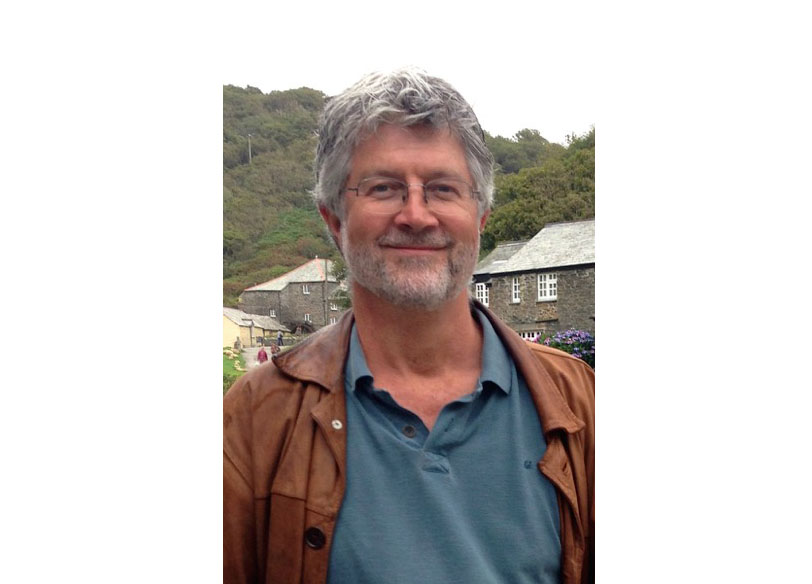
An Interview with Sue Cowley – Childcare Conversations
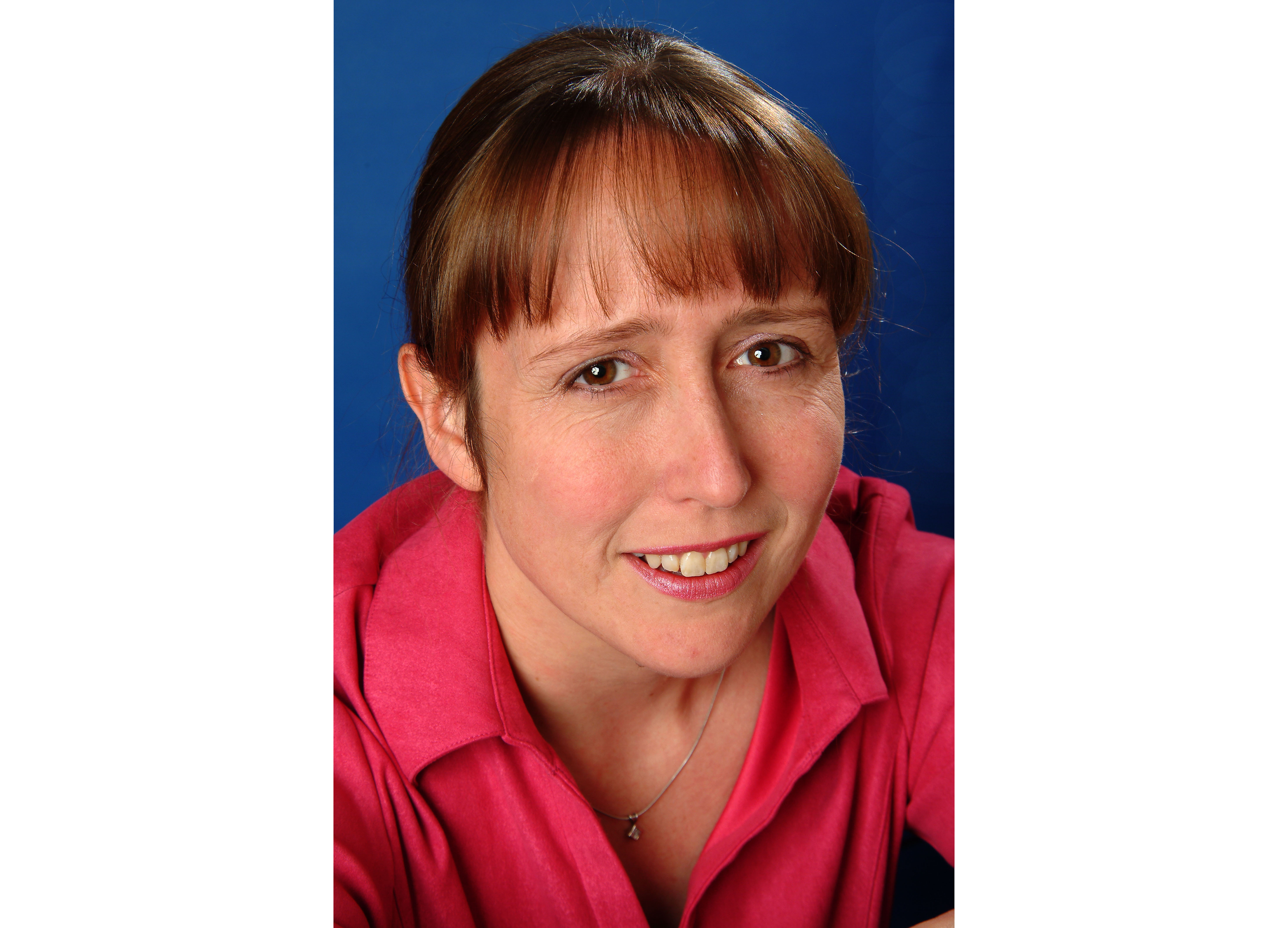


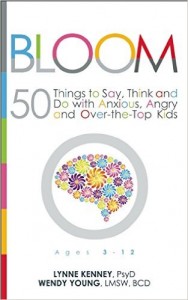


You must be logged in to post a comment Login